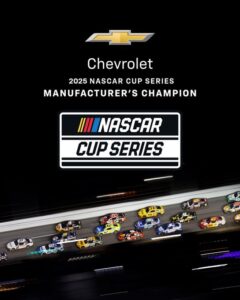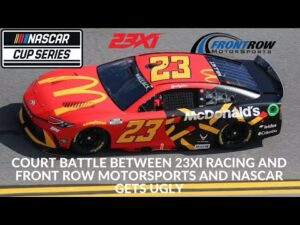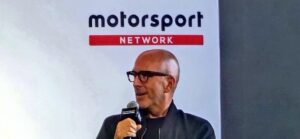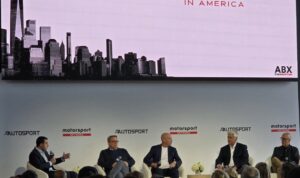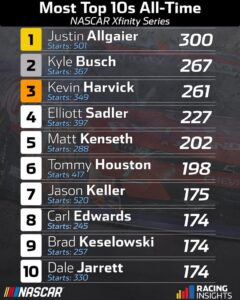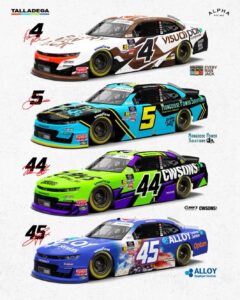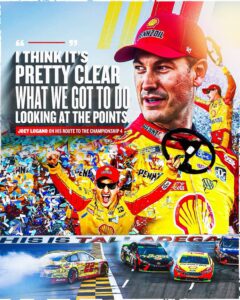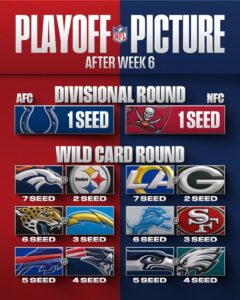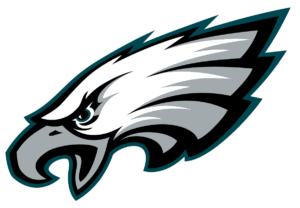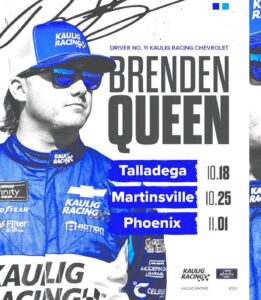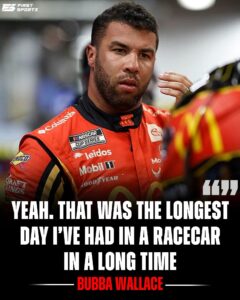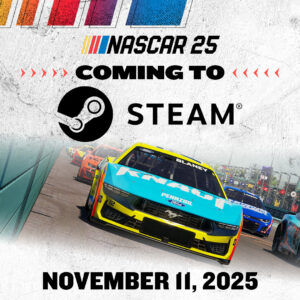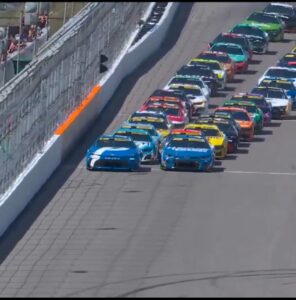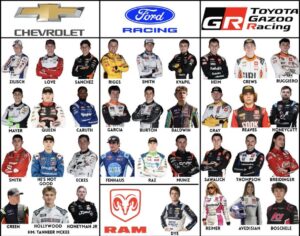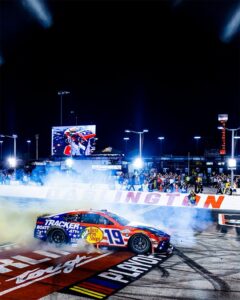The motorsports television landscape is shifting, but NASCAR doesn’t seem too concerned. With Fox Sports securing exclusive rights to the NTT IndyCar Series starting in 2025, some have speculated about its potential impact on NASCAR’s long-standing relationship with the network. However, industry insiders suggest that NASCAR remains largely indifferent to the change, confident in its own position within the sport.

Fox’s Commitment to IndyCar
Fox’s deal with IndyCar marks a major shift in open-wheel racing’s media presence. After years of a split package that included NBC and streaming platform Peacock, IndyCar will now have all its races aired on Fox’s main network and FS1, ensuring greater visibility for the series. The deal also includes significant promotional commitments, which could boost IndyCar’s popularity at a time when it is looking to grow its audience.
For NASCAR, this could have raised concerns about a dilution of coverage. With Fox now committed to two major racing properties, some feared that NASCAR—historically Fox’s premier motorsports product—might receive less attention. However, NASCAR executives reportedly aren’t worried.
Why NASCAR Isn’t Concerned
1. NASCAR’s Deep Roots with Fox
Fox has been a key NASCAR broadcast partner since 2001, helping shape the modern presentation of the sport. While Fox will be adding IndyCar to its portfolio, NASCAR remains the dominant motorsports entity in the U.S. in terms of television ratings, sponsorship revenue, and fan engagement. Fox’s long-term investment in NASCAR—most recently solidified with the network’s continued commitment through 2031—suggests that stock car racing will still be a priority.
2. NASCAR’s Ratings Edge
Despite recent shifts in motorsports popularity, NASCAR continues to significantly outperform IndyCar in television viewership. The Daytona 500 consistently draws an audience in the range of 7-10 million viewers, while IndyCar’s flagship event, the Indianapolis 500, sees similar numbers but doesn’t carry the same week-to-week consistency. Regular NASCAR Cup Series races frequently double or triple the ratings of standard IndyCar events, making it unlikely that Fox would shift significant resources away from NASCAR coverage.
3. A Different Audience and Calendar
NASCAR and IndyCar largely cater to different audiences, and their schedules only overlap in limited ways. NASCAR’s season runs from February to November, while IndyCar’s schedule is much shorter, spanning from March to September. With Fox only covering NASCAR’s first half of the season before handing off to NBC, there’s little direct conflict between the two properties in terms of TV scheduling.
4. NBC’s Continued NASCAR Role
Even if Fox does adjust some of its promotional strategies, NASCAR still has a strong presence on NBC for the second half of the season. NBC remains fully committed to its NASCAR coverage, ensuring the sport maintains a stable media footprint regardless of how Fox balances its new IndyCar deal.

What’s Next for NASCAR and Fox?
While NASCAR may not be outwardly concerned, the Fox-IndyCar deal does introduce interesting dynamics. It remains to be seen whether Fox will use its newfound IndyCar presence to cross-promote NASCAR, or if it will instead try to position IndyCar as a separate, growing entity.
One thing is certain: NASCAR isn’t losing sleep over the move. With a massive media rights deal in place, strong ratings, and a dedicated fan base, the stock car racing juggernaut isn’t likely to be overshadowed anytime soon.






